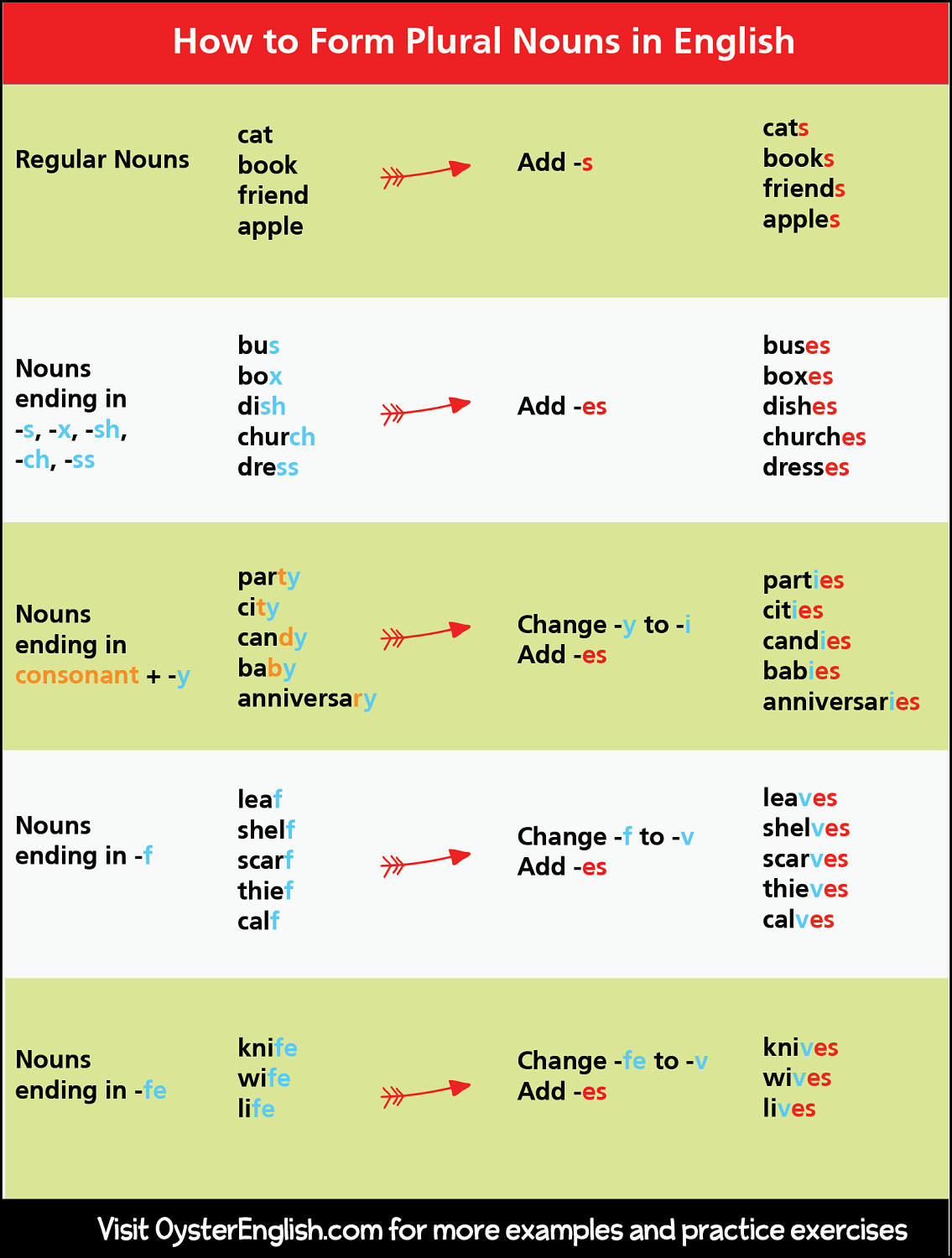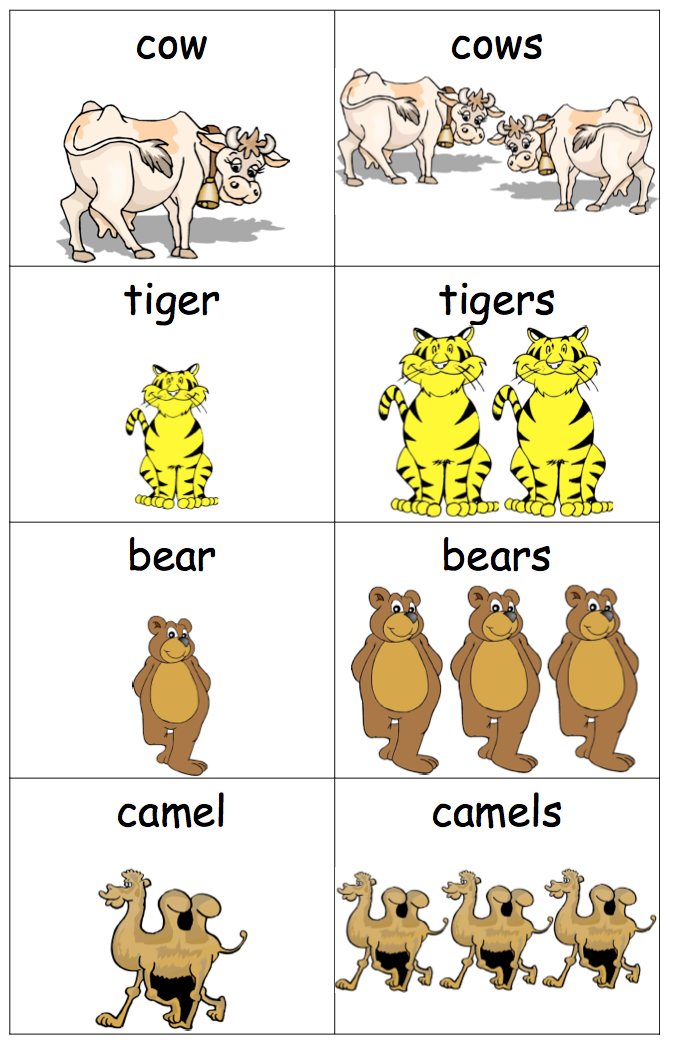

An army is made up of a collection of soldiers, 2. Collective nouns, like the name suggests, mention a collective, group or number of persons as one unit or whole. What's the difference between a collective noun and a plural-only noun? This sounds tricky, but fear not-the distinction isn't all that complicated. In this way, plural-only nouns are somewhat opposite of noncount or non-singular noun forms.

We can count scissors, pants, and goggles, and such nouns remain as a plural, with no singular-noun form. Plural-only nouns, on the other hand, are objects that are countable, and so they are not non-count or mass nouns. English reflects their non-count-ness by keeping them in the singular: rice, gold, milk and knowledge are all non-count nouns since we cannot count them. Mass nouns only use singular noun forms, for the most part, and have no plural noun form (despite referring to things that are abundant and seem plural, at least intuitively). Singular-only nouns, also called uncountable nouns and mass nouns sound like what they're called: they are things in the world, and even ideas and concepts, that we cannot physically or literally count/quantify. Notice how plural-only nouns require verbs in the plural form to ensure subject-verb agreement, i.e., are.

To make clear that what's being communicated is a single object, we refer to these things as pairs, as in one pair of that thing. Common, everyday objects like pants, pliers, glasses, scissors, goggles and suspenders are all plural-only/non-singular nouns, that only come in a plural noun form. In English, items that are made up of parts, pieces and pairs are called plural-only nouns, also known as non-singular nouns. Ever noticed how certain items or objects are referred to as ' a pair', as in, 'would you happen to have a pair of scissors I could borrow?' A ' pair of scissors' sounds like a plural noun, i.e., more than one of that thing-but most times when we speak of a ' pair of scissors', or pants, pliers, glasses, and the like-we mean one of that thing (whatever it may be).


 0 kommentar(er)
0 kommentar(er)
